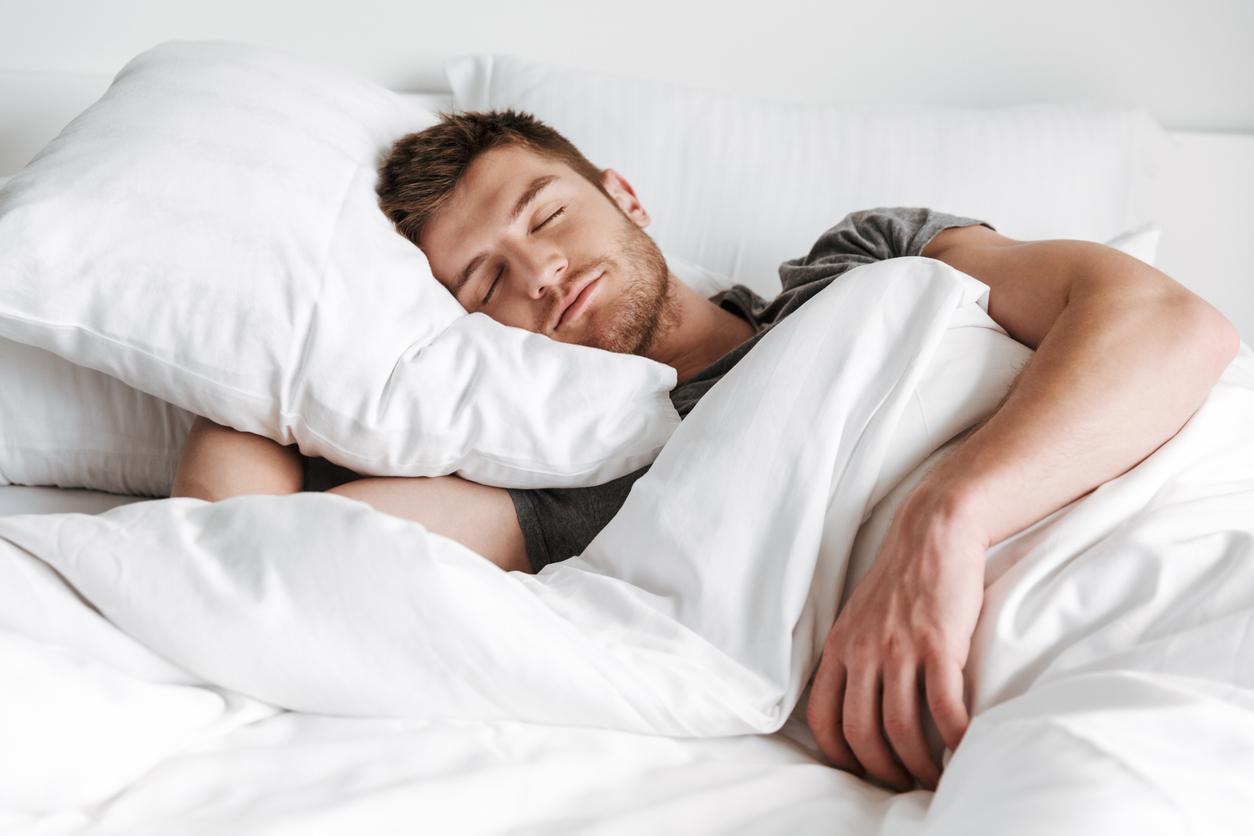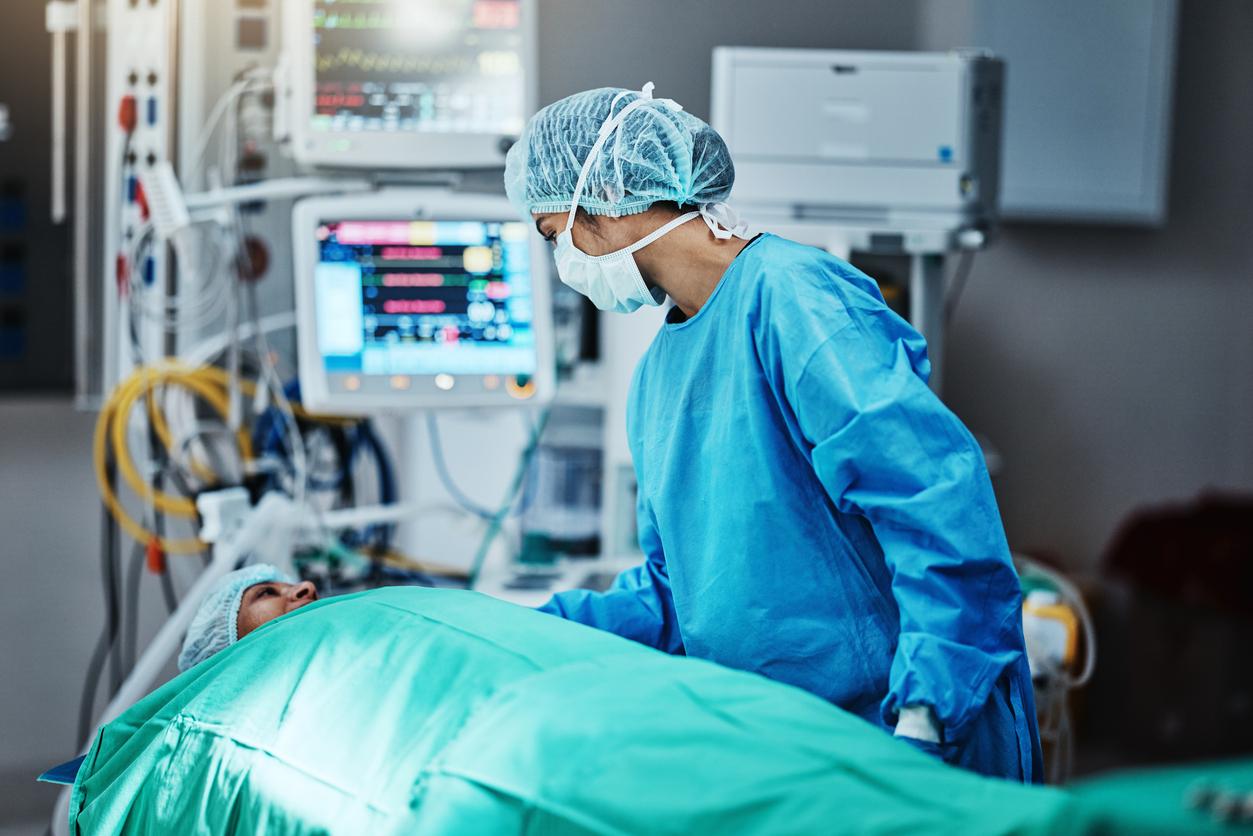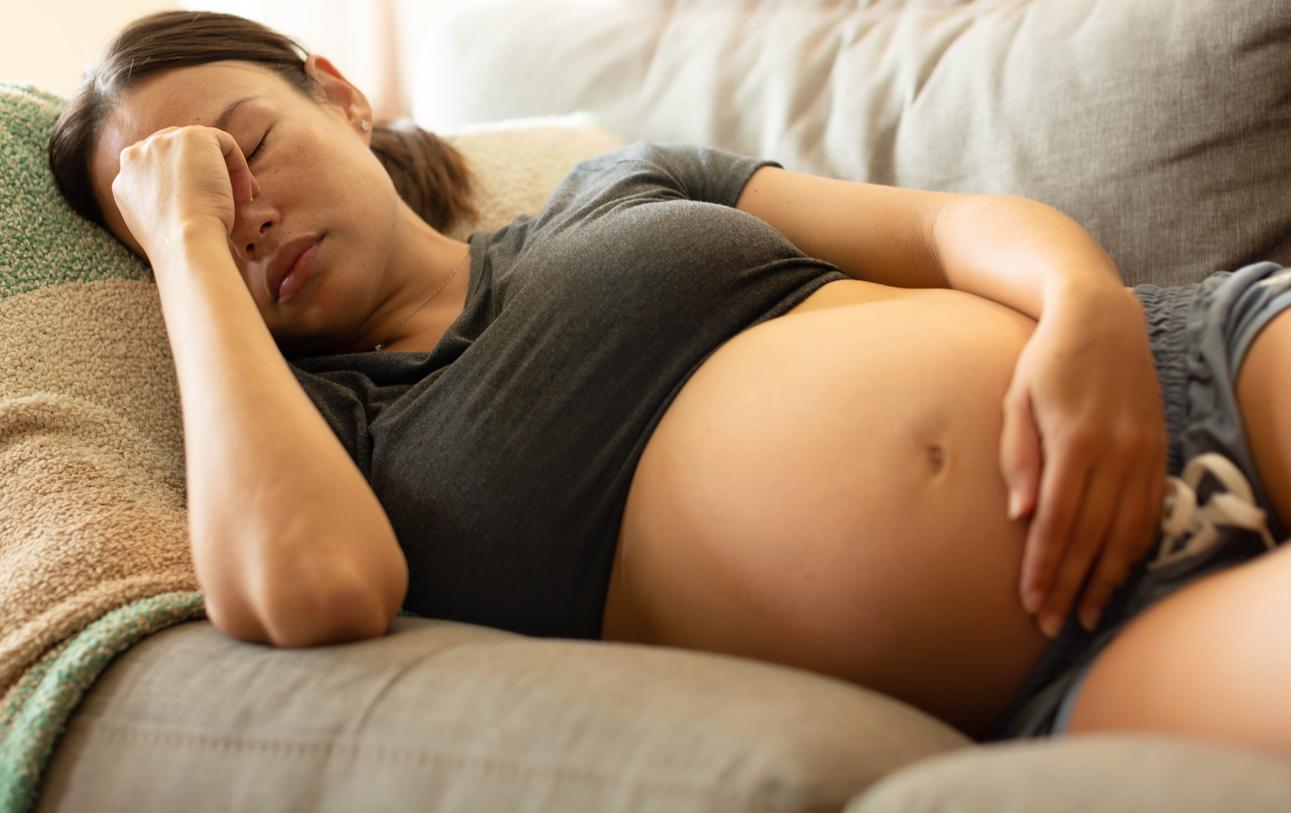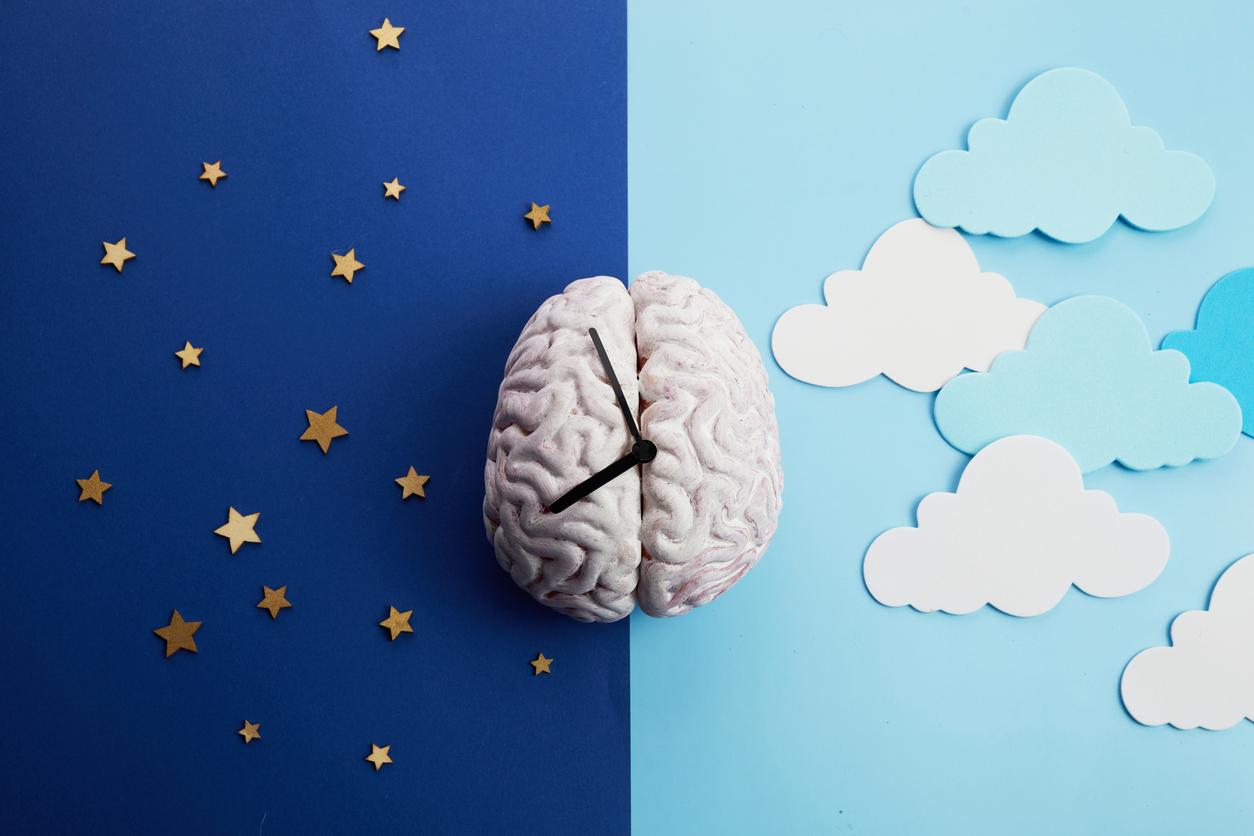Lack of sleep or poor quality sleep can cause high blood pressure
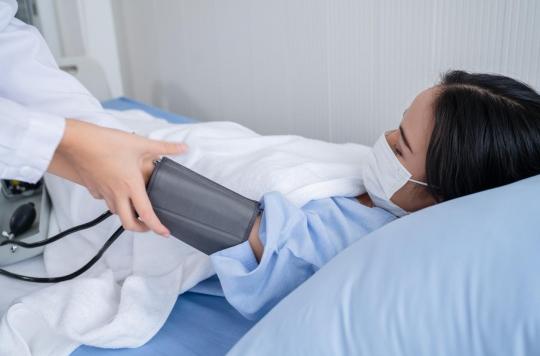
- Normally, blood pressure drops 10 to 20% during sleep and rises just before waking up.
- Poor sleep promotes risk factors for high blood pressure
- Research on nocturnal hypertension advances thanks to new techniques for measuring blood pressure during the night
Blood pressure drops by an average of 10 to 20% during the night. It is a phenomenon linked to a heart rate which also decreases since the purpose of sleep time is to put the body at rest, in particular the cardiovascular system. But nights that are too short, poor quality of sleep or disorders such as sleep apnea can have effects on blood pressure and cause so-called “nocturnal hypertension”, which is all the more difficult to spot as this one. remains a “silent” disease, that is to say without symptoms, and the night is not the time when you can easily control your blood pressure. “The link between sleep and high blood pressure was ignored for a very long time. Research in this field has made great progress, in particular thanks to new techniques for measuring blood pressure during the night”, explains Professor Jean-Jacques Mourad, president of the French Committee for the Fight against Arterial Hypertension.
In 50 years, the loss of sleep time amounts to 1 hour 30
While in a normal situation blood pressure drops at night to rise in the morning, a few minutes before waking up, “nocturnal” hypertension is quite often observed in people who lack sleep. And these bad nights concern more and more people since in 50 years the average reduction in sleep time would amount to 1 hour 30 minutes. But poor quality sleep is also a factor of hypertension, including in young people. since high numbers are observed four times more often in adolescents who have disturbed sleep compared to those who have good sleep. This is explained by the fact that sleep debt promotes the production of stress hormones, salt retention and weight gain, all of which are triggers for hypertension.
30 to 40% of hypertensives suffer from sleep apnea
However, the most common link between sleep disorders and high blood pressure remains sleep apnea. “It is estimated that 30 to 40% of patients suffering from hypertension are suffering from sleep apnea and that one out of two apneic patients is hypertensive”, underlines the Research Foundation on Arterial Hypertension (FRHTA). Why ? Because during each apnea, the concentration of oxygen in the blood drops and the brain reacts by raising blood pressure. As a result, the risk of onset of hypertension is multiplied by more than three times in people with obstructive sleep apnea syndrome (OSAS) and, above all, sleep apnea can reduce the effectiveness of treatments for hypertension. hypertension.
“If you are hypertensive and if your blood pressure is struggling to stabilize, take an interest in your sleep!”, advises the FRHTA, recalling that the signs of daytime sleepiness, one of the most identifiable symptoms of sleep apnea , are observed in more than 12% of people with high blood pressure.
Below, the interview of Pr Jean-Jacques Mourad on the new international recommendations for the management of hypertension:


.










